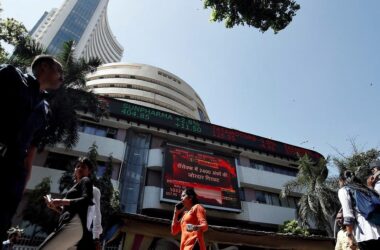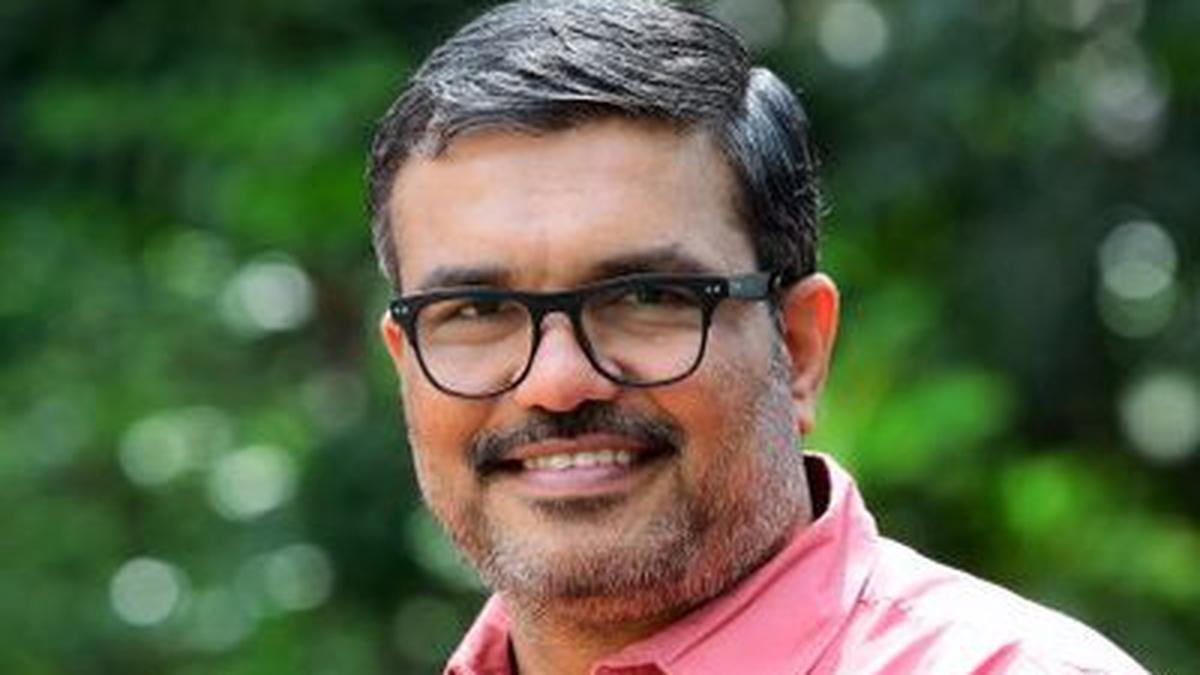Kerala’s Minister for Local Self-Government M.B. Rajesh speaks to The Hindu on progressive budget cuts in the MGNREGS and the necessity to have an urban scheme on the lines of the Mahatma Gandhi National Rural Employment Guarantee Scheme.
Just five months into the financial month and Kerala, as per the statistics available with the Union Rural Development Ministry, is only left with 6.5% of MGNREGS budget. How do you plan to proceed?
That is the reason for my trip to Delhi. I met Union Rural Development Minister Giriraj Singh to urge him to allocate more funds for the State. The Centre should at least give us funds equivalent to what we spent in the previous financial year. Our labour budget has been progressively reducing. In 2021-22 Kerala got funds for 10.5 crore person days (person days is defined as the total number of work days by a person registered under the scheme in a financial year). In 2022-23 this was reduced to 9.61 crore person days and in the ongoing financial year it has been further cut down to only six crore person days. Each year, within a few months into the financial year, owing to the high demand, we spend a significant chunk of our funds and are left pleading with the Centre to meet the gap.
What is the solution according to you for this persistent problem?
The Union government justified allocating a limited budget for the programme claiming that the MGNREGS is a demand-based programme and therefore they claim that they will allocate whenever a State requires it. This approach is fundamentally wrong, as it impacts the implementation of the scheme. The solution is straightforward. The labour budget for a year should be based on the employment generated in the previous year under the scheme.
Is it really available on demand?
No! The statistics for the last three financial years — 2021-22, 2022-23, and 2023-24, show that our demand has not been heeded to. The Centre has been drastically cutting down the budget and we apprehend that next year the allocation will further reduce. The government intends to dilute the MGNREGS.
The Union government feels that the MGNREGS has not been an effective instrument for poverty alleviation. Do you concur with the view?
Even the worst critics of the MGNREGS can hardly deny its importance. The COVID pandemic underlined its necessity. The MGNREGS was pivotal in avoiding starvation deaths, especially among the migrant labourers who streamed back to their villages during the lockdown. And since the pandemic too, its importance has not diminished, considering the level of inequality, high unemployment rate, and rural distress we have.
The Prime Minister’s Office constituted a committee under the chairmanship of former Rural Development Secretary Amarjeet Sinha, which submitted its report earlier this year. One of the questions the committee sought to answer is do States like Kerala with low poverty rates really need MGNREGS? Your comments?
Why should Kerala be punished for keeping poverty in check? As per the NITI Aayog report, Kerala has the lowest percentage of people who fall under the bracket of “extreme poverty”. In Kerala, 90% of MGNREGS work is done by women, for whom this income is crucial to supplement the household income. And in many cases, they are the sole earning members. Keeping in mind the involvement of women in MGNREGS, we introduced a special welfare fund for them to give them financial assistance during pregnancy and extending other benefits.
Kerala and a few other States have been running an urban employment guarantee scheme on the lines of MGNREGS, do you believe that it should be launched nationally?
Yes, the Left, and particularly the CPI(M), have always demanded that there should be an urban employment guarantee scheme on the lines of the MGNREGS. We are at a critical juncture of development with rapid urbanization. And interestingly, the growth in urban population is not only because of migration to the cities, in fact, it is the cities that are expanding towards the rural areas. Take Kerala for example, currently, 47% of the State’s population is classified as urban and it has been projected that this figure will rise to 95% by 2035. Therefore, it is key for us to bring the urban equivalent to the MGNREGS at the earliest.








